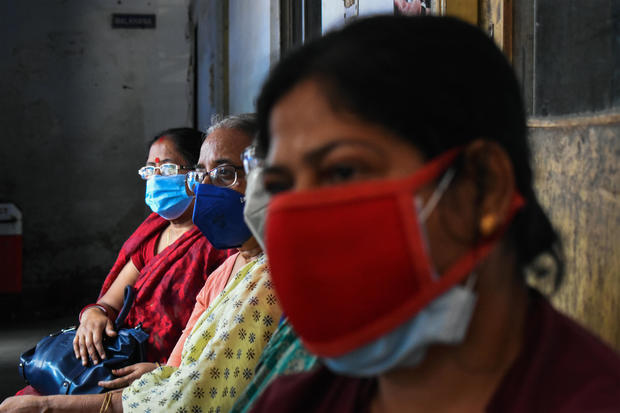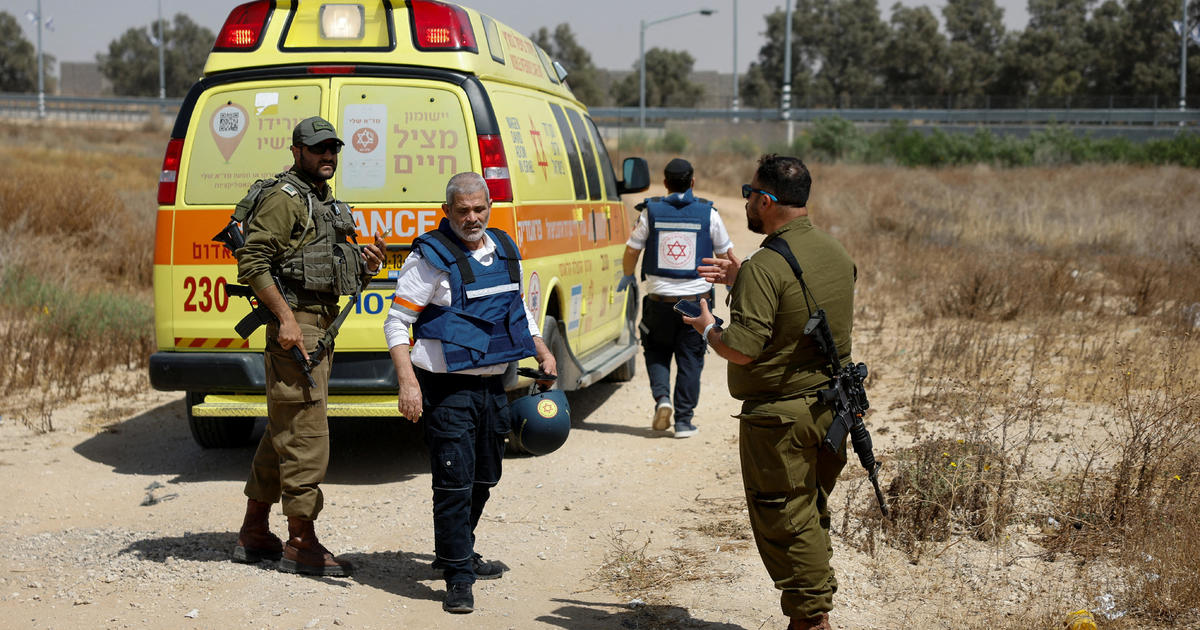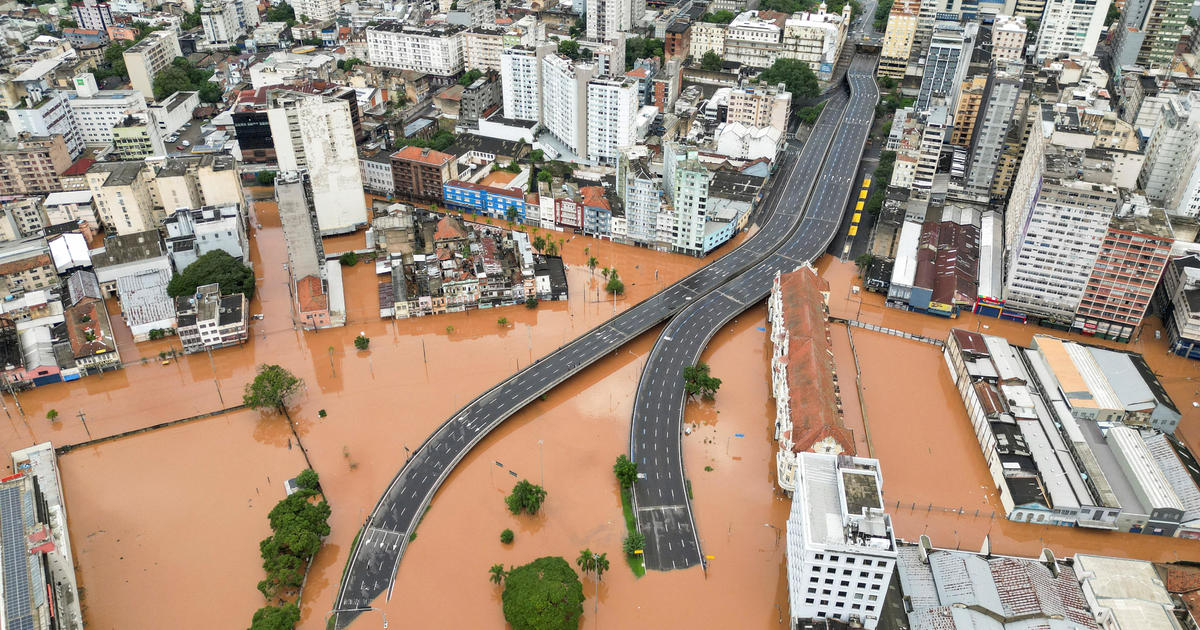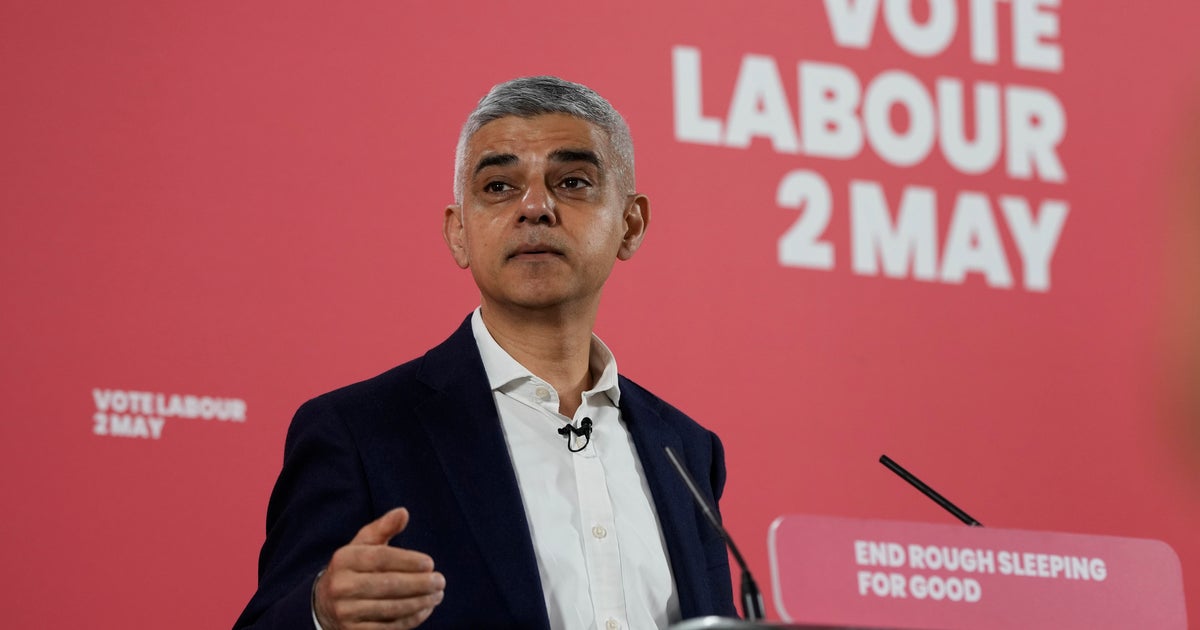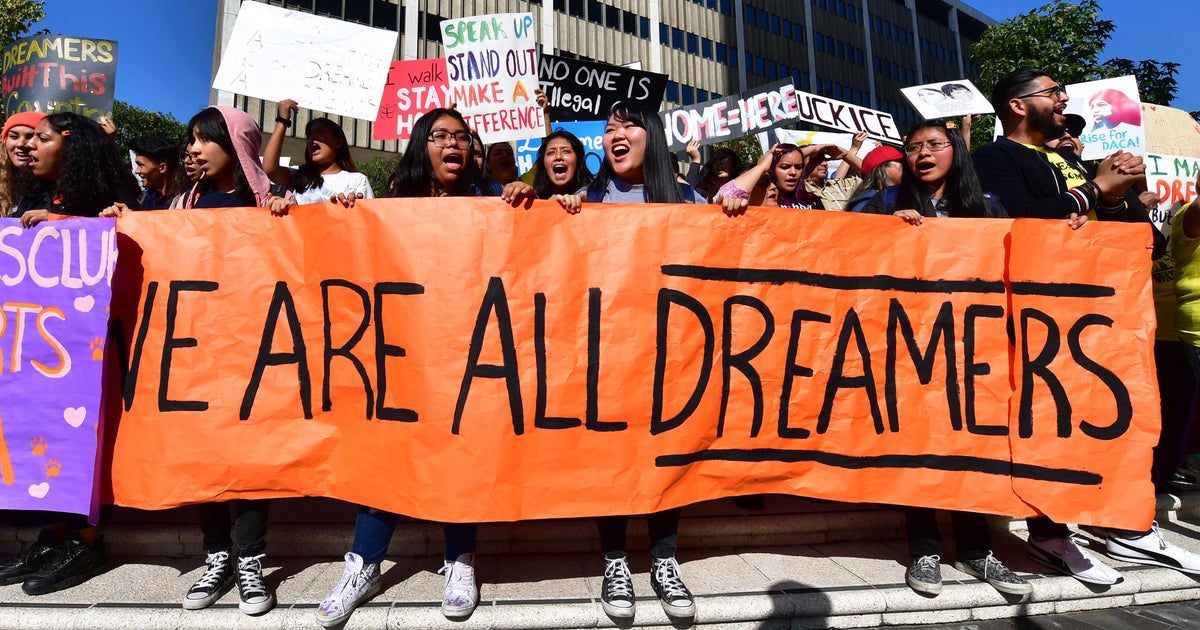India opens COVID-19 vaccinations to all adults in effort to tame spike
India has opened COVID-19 vaccinations to all adults on Saturday in hopes of taming a monstrous spike in infections. The huge inoculation effort, however, was sure to tax the limits of the federal government, the country's vaccine factories and the patience of its 1.4 billion people.
The world's largest maker of vaccines was still short of critical supplies — the result of lagging manufacturing and raw material shortages that delayed the rollout in several states. And even in places where the shots were in stock, the country's wide economic disparities made access to the vaccine inconsistent.
Only a fraction of India's population will be able to afford the prices charged by private hospitals for the shot, experts said, meaning that states will be saddled with immunizing the 600 million Indian adults younger than 45, while the federal government gives shots to 300 million health care and front-line workers and people older than 45.
So far, government vaccines have been free, and private hospitals have been permitted to sell shots at a price capped at 250 rupees, or around $3. That practice will now change: Prices for state governments and private hospitals will be determined by vaccine companies. Some states might not be able to provide vaccines for free since they are paying twice as much as the federal government for the same shot, and prices at private hospitals could rise.
Since state governments and private players compete for shots in the same marketplace, and states pay less for the doses, vaccine makers can reap more profit by selling to the private sector, said Chandrakant Lahariya, a health policy expert. That cost can then be passed on to people receiving the shots, increasing inequity.
"There is no logic that two different governments should be paying two prices," he said.
Concerns that pricing issues could deepen inequities are only the most recent hitch in India's sluggish immunization efforts. Less than 2% of the population has been fully immunized against COVID-19 and around 10% has received a single dose. Immunization rates have also fallen. The average number of shots per day dipped from over 3.6 million in early April to less than 2.5 million right now.
In the worst-hit state of Maharashtra, the health minister promised free vaccines for those ages 18 to 44, but he also acknowledged that the shortage of doses meant immunization would not start as planned on Saturday. States say the paucity of shots is one reason why immunizations have declined.
India thought the worst was over when cases ebbed in September. But mass gatherings such as political rallies and religious events were allowed to continue, and relaxed attitudes on the risks fueled a major humanitarian crisis, according to health experts. New variants of the coronavirus have partly led the surge. Deaths officially surpassed 200,000 this week, and the true death toll is believed to be far higher.
The country's shortage of shots has global implications because, in addition to its own inoculation efforts, India has promised to ship vaccines abroad as part of a United Nations vaccine-sharing program that is dependent on its supply.
Indian vaccine makers produce an estimated 70 million doses each month of the two approved shots - the AstraZeneca vaccine made by the Serum Institute of India and another one made by Bharat Biotech.
The federal government is buying half of those vaccines to give to states. The remaining half can then be bought by states and private hospitals to be given to anyone over 18, but at prices set by the companies.
The federal government is buying shots at 150 rupees each, or $2. The Serum Institute will sell the shots to states at 300 rupees each, or $4, and to private players at 600 rupees each, or $8. Bharat Biotech said it will charge states 400 rupees, or less than $5.50 for a shot, and private players 1,200 rupees, or more than $16.
By comparison, the European Union paid $2.15 per dose for the AstraZeneca vaccine. The company says that price is discounted because the EU contributed to the vaccine's development.
The strain is mounting on the Serum Institute, which in addition to being India's main supplier is also a critical supplier of the U.N.-backed initiative known as COVAX, which more than 90 countries are depending on. The institute paused exports in March.
"The urgent demand for vaccines in India is bad for the rest of the world," said Ravi Gupta, a professor of clinical microbiology at Cambridge University.
Some experts warned that conducting a massive inoculation effort now could worsen the surge in a country that is second only to the United States in its number of infections - more than 19.1 million.
"There's ample evidence that having people wait in a long, crowded, disorderly queue could itself be a source of infection," said Dr. Bharat Pankhania, a senior clinical lecturer specializing in infectious diseases at Britain's University of Exeter. He urged India to first stop the circulation of the virus by imposing "a long, sustained, strictly enforced lockdown."
Pankhania cautioned that immunization efforts alone would not help immediately stem the current spike of COVID-19, since shots "only start to bear fruit in about three months' time." Vaccination would help prevent future waves of infection, he said.
The first batch of Sputnik V vaccines, which India is importing from Russia, arrived Saturday evening. Russia has signed a deal with an Indian pharmaceutical company to distribute 125 million doses.
